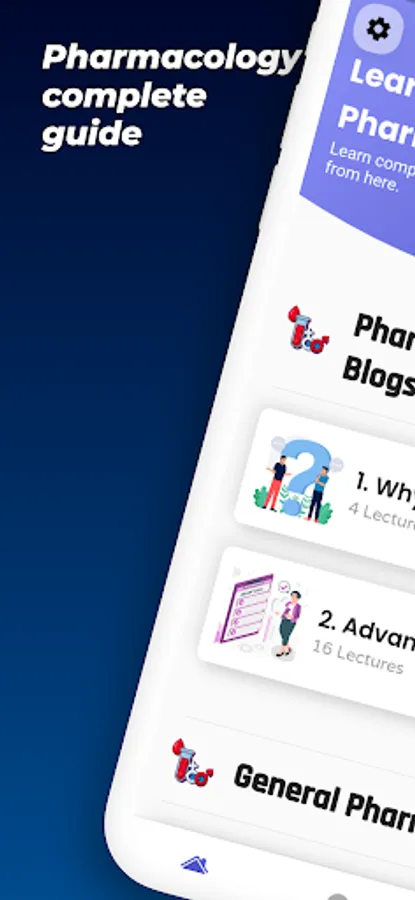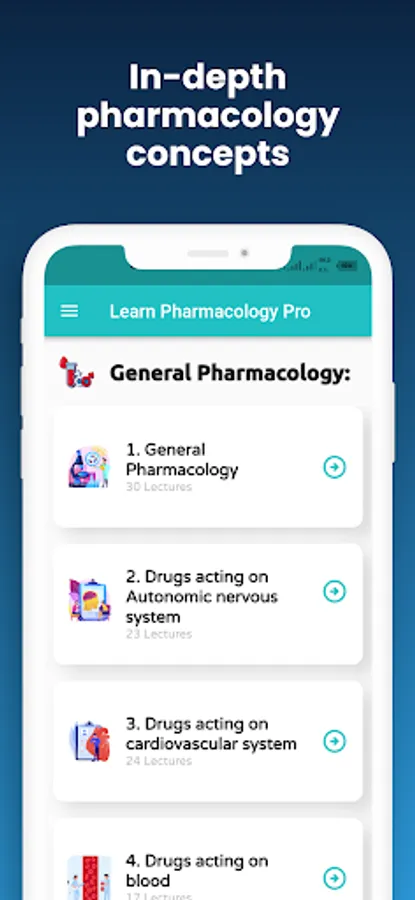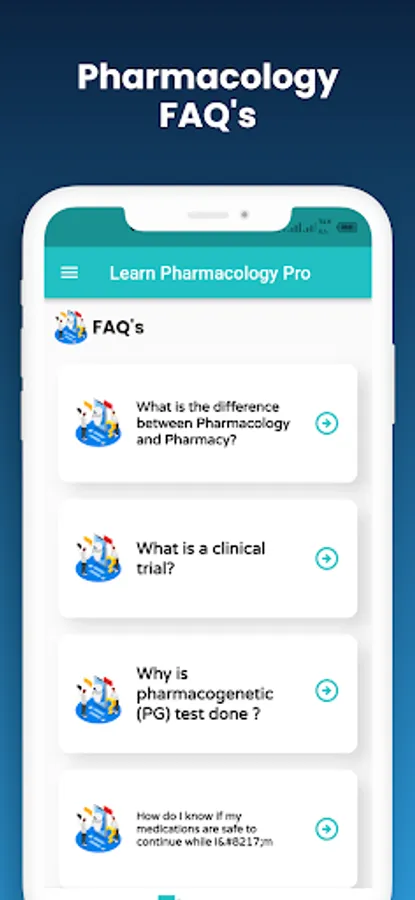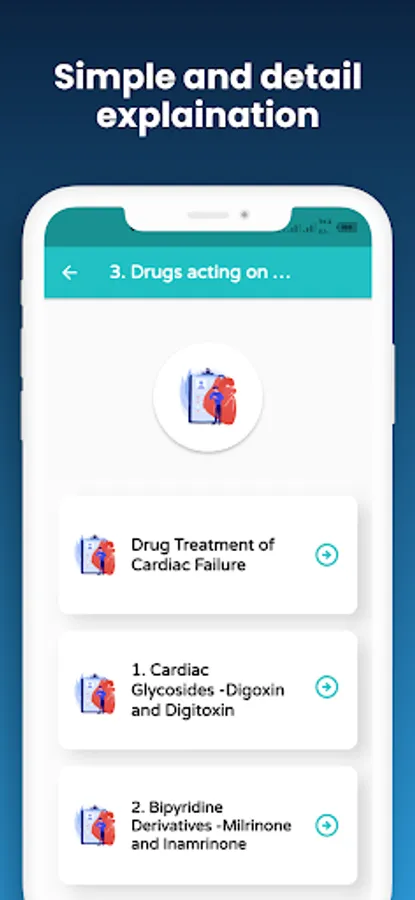AppRecs review analysis
AppRecs rating 1.0. Trustworthiness 55 out of 100. Review manipulation risk 20 out of 100. Based on a review sample analyzed.
★☆☆☆☆
1.0
AppRecs Rating
Ratings breakdown
5 star
0%
4 star
0%
3 star
0%
2 star
0%
1 star
100%
What to know
⚠
Mixed user feedback
Average 1.0★ rating suggests room for improvement
About Learn Pharmacology Pro
Pharmacology is the science of drugs and their effect on living systems. You can find pharmacology everywhere, when you visit the dentist and when you take any type of medicine. Pharmacology is responsible for painkillers, caffeine drinks and antibiotics. Without pharmacologists we wouldn’t be able to:
- discover new medicines to help fight diseases
- improve their effectiveness and reduce unwanted side effects
- understand why people have different responses to medicines, and why some work better for some people than others
- understand why some drugs cause addiction
Pharmacology is the scientific study of the effects of drugs and chemicals on living organisms where a drug can be broadly defined as any chemical substance, natural or synthetic,
which affects a biological system. Pharmacology may involve how organisms handle drugs, identification and validation of new targets for drug action, and the design and development of new drugs to prevent, treat and cure disease.
Pharmacology research is also a critical component in the development of modern 'personalized medicine'.
While pharmacologists are trained as laboratory researchers, pharmacists usually work in a hospital or retail pharmacy and are concerned with the preparation, dispensing, dosage, and the safe and effective use of therapeutic agents.
- discover new medicines to help fight diseases
- improve their effectiveness and reduce unwanted side effects
- understand why people have different responses to medicines, and why some work better for some people than others
- understand why some drugs cause addiction
Pharmacology is the scientific study of the effects of drugs and chemicals on living organisms where a drug can be broadly defined as any chemical substance, natural or synthetic,
which affects a biological system. Pharmacology may involve how organisms handle drugs, identification and validation of new targets for drug action, and the design and development of new drugs to prevent, treat and cure disease.
Pharmacology research is also a critical component in the development of modern 'personalized medicine'.
While pharmacologists are trained as laboratory researchers, pharmacists usually work in a hospital or retail pharmacy and are concerned with the preparation, dispensing, dosage, and the safe and effective use of therapeutic agents.







